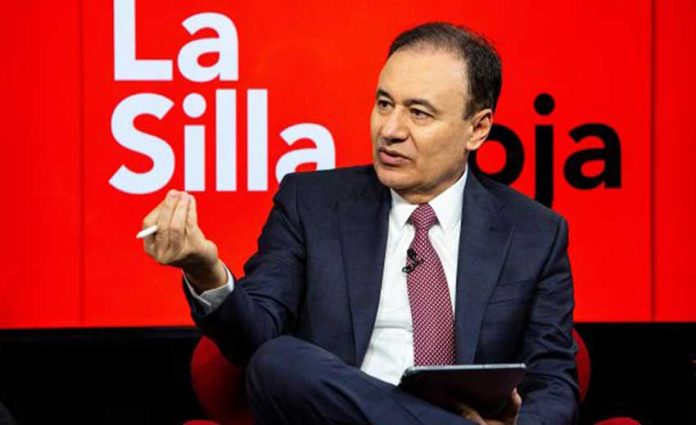Crime rates will begin to fall within the first six months of the term of the new federal government, the security secretary predicts.
In an interview transmitted online by the newspaper El Financiero, Alfonso Durazo said that within that timeframe – which will end May 31 – “there will be a turning point in the upward trend of crime rates in the country.”
Within three years, he said, the deployment of the national guard will enable the government to significantly improve Mexico’s security situation.
“We’re not saying that in six months we’re going to solve the incidence [of crime] and violence, of course not. Violence wasn’t generated from one day to the next and it’s not going to be resolved from one day to the next but we can guarantee that in the course of three years we will be able to restore the peace and tranquility lost in our country many years ago,” Durazo said.
The security secretary highlighted that the creation of the national guard was approved unanimously by the Senate although he acknowledged that the government had to modify its original proposal that the security force have a military command.
Durazo said that under the approved proposal, the head of the national guard could be someone from the Federal Police, a retired military leader, a current one who leaves his or her post to take on the new role or a civilian from outside Mexico’s official security apparatus.
The force will commence operations with 35,000 military police, around 17,000 Federal Police officers and approximately 8,000 marines, he explained. Ongoing training for national guard members will be a hallmark of the force, Durazo added.
He also stressed that members of the military will only assist in public security tasks for a maximum of five years after the national guard is created.
Asked to explain the realm of responsibility that the force will have, the secretary explained: “All elements that enter the national guard will have the role of guaranteeing security, life, freedom and people’s assets, in other words, public security – that’s going to be their fundamental responsibility. The national guard won’t have a national security role, that will continue to be a constitutional task that the army and the navy are in charge of.”
Durazo explained that the government plans to deploy national guard units to 266 different regions that have already been drawn up.
He called on lawmakers in the lower house of Congress to do the same as their counterparts in the Senate and give unanimous approval to the constitutional changes required. Recruitment for the force could begin in March, given approval by at least 17 state congresses, the final step in the process.
Newly-published crime statistics underscore the massive security challenge faced by the López Obrador-led government, which in two weeks will complete its first 100 days in office.
The National Public Security System (SNSP) reported last month that there were more than 33,000 homicides last year, making 2018 the most violent year on record, while the first month of this year was the deadliest January ever.
Source: El Financiero (sp)
